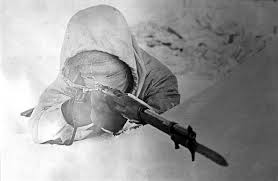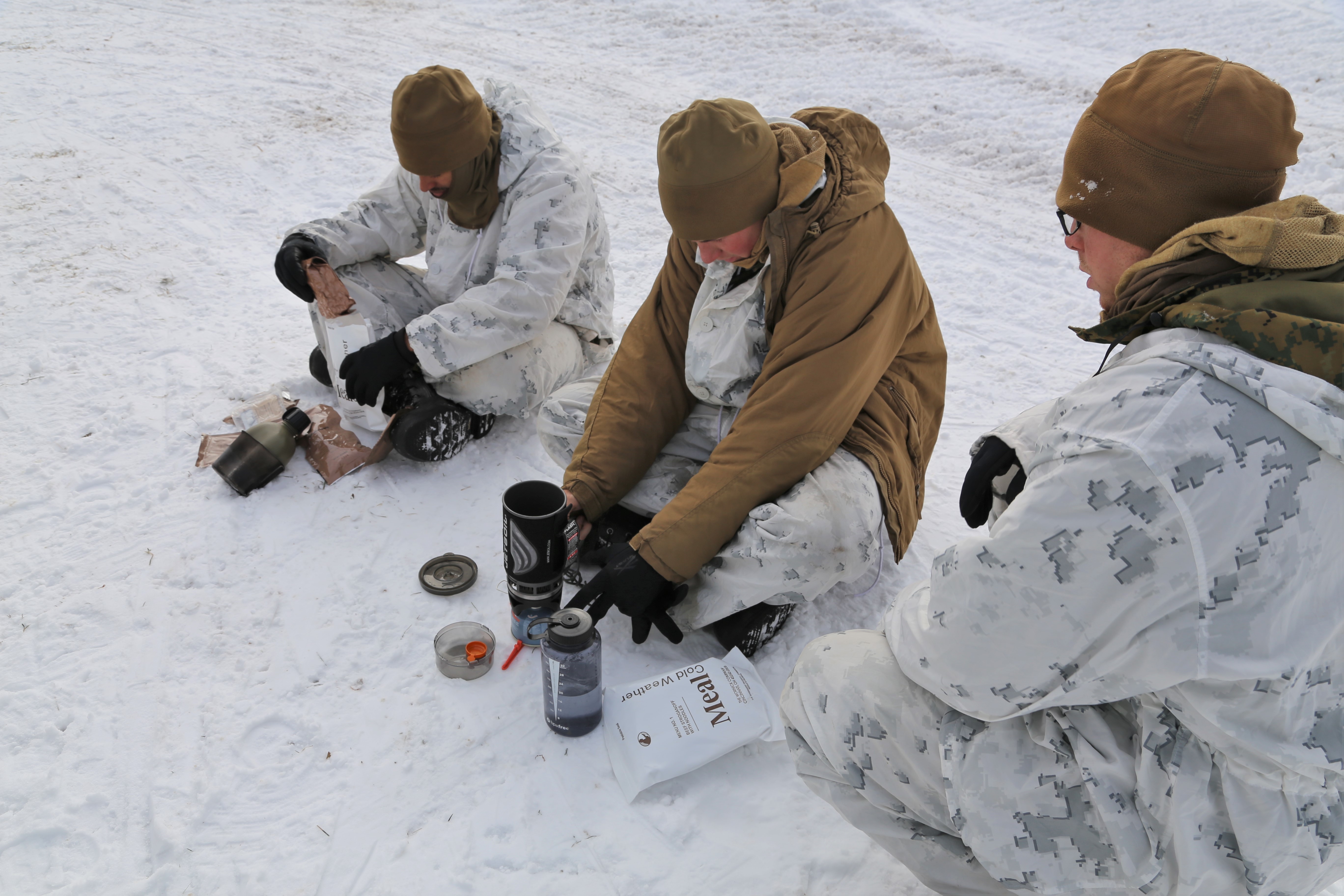The comedian Bill Burr once said, “I just want to shoot the guy, I don't want to do a bunch of drywall work.” This was one of Burr’s defenses for purchasing a small caliber pistol rather than a shotgun, and in all fairness I also don’t enjoy the complications of taking out bad guys AND having my Honey Do list get that much longer. Shotguns are still an excellent home defense firearm, as I lined out in my earlier piece on the best weapons for self-defense, so how can we further optimize our boomstick? With a thoughtful selection of the shells and how they are loaded.
Before we build our ammo order, something to keep in mind. If your shotgun has multiple magazine tubes and a selector lever, such as the KelTec KSG or the UTAS UTS 15, then selection of the appropriate round is a switch flip away. Using a single magazine tube such as the Remmington 870, the order on which the shells are loaded needs to be more… Judicial.
Dragon’s Breath Incendiary Rounds - BAD
“Dragon's breath is a special type of incendiary-effect round for shotguns. Dragon's breath consists primarily of magnesium pellets/shards. When the round is fired, sparks and flames can shoot out to about 100 feet (30 meters), although some sources claim it extends to 300 feet (91 meters).”
If you’ve ever seen Dragon’s Breath rounds, they definitely activate the freedom node in your brain, instantly making your body crave whiskey and your partner’s loins. Despite this, Dragon’s Breath rounds are terrible for home defense. Sure, you could light your attacker on fire, but even more likely is that your house will take the majority of the splash damage. Not to mention they are illegal entirely in several states.
#3 / #4 Buckshot Rounds - EXCELLENT
When it comes to buckshot, 00 is considered the standard. Solid knockdown power, commonly made so there are a lot of options, and reasonably priced. The downside is that all that knockdown power means overpenetration. Drywall is not exactly ballistically rated, and the possibility of shooting through it and hitting the dog in the next room is low but not zero. Using a #3 or #4 buckshot means smaller pellets, which results in less damage done by those that miss the intruder.
Understandably, some will say that this will also result in less effect on target, but the average maximum distance in an American home is approximately 25 feet. At that range or closer, the first round will knock them back, the second will put them down until they can be zip tied to wait for law enforcement.
Homemade ‘Goober’ Rounds – BAD
Be it rock salt, washers, or dimes, hand loaded shells people in my line of work call something more derogatory than ‘goober’ rounds are a terrible idea. If the basic concept is to take down a threat to yourself and your family, firing a gunpowder-launched pile of coins is incredibly stupid. Where are they going to hit? Who knows. Will they destroy your barrel? Probably. Will the threat become no longer a threat? Consult a Magic 8-Ball. The legality is an even shakier place to stand, so… Just don’t.
Slugs and Sabot Rounds – GOOD
A slug round is a heavy projectile, a single hunk of lead, steel, copper or other metal. Considered safer for hunting due to a lower velocity while retaining the knock down power to put down larger game, the slug is a solid choice outdoors. Going back to buckshot, though, we run back into the issue of overpenetration. If a 00 pellet will go through sheetrock, a slug will punch a fist sized hole through it. There is a way to incorporate slugs if there is a concern about bigger or armored targets, but we’ll cover that under loadouts.
Sabot slugs, on the other hand, are a decent compromise. Consorting with dark forces better left alone, the sabot slug is designed to maximize accuracy over a longer distance by making use of rifled barrels while also having more penetrating power against hard targets. Herein lies the difference; due to the accuracy and point targeting of the sabot compared to the buckshot, the only object you have to be concerned about penetrating is your target.
Loadouts
When loading a single type of shell, there isn’t much to consider beyond how many you need and what training is needed for quick reloading. If you’ve decided to put some diversity in your ammo locker, a few more issues come into play.
When designing a loadout, I recommend a combination of #3 buckshot and sabot slugs. The buckshot allows for an initial shot under less than optimal conditions, followed by a sabot slug for heavy stopping power. Lather, rinse, repeat for each threat that needs to be addressed. For single magazine shotguns, alternating rounds as you load them, finishing with the buckshot loaded last will set this up nicely. If you’re using a multi magazine tube system like the KelTec or the UTAS, there should be a selector lever for alternating feed. This is the setup that allows the most control, but remember that more moving parts means more possibility of failure.
When it comes to defending yourself, your family, and your community, everyone has opinions and preferences, but thankfully science has made the choices far easier for us to nail down what works well and what causes more damage than getting your television stolen. As with all things firearm related, make sure to get clarification on the laws and ordinances that apply to you, and practice that good weapon safety.



%201.svg)









